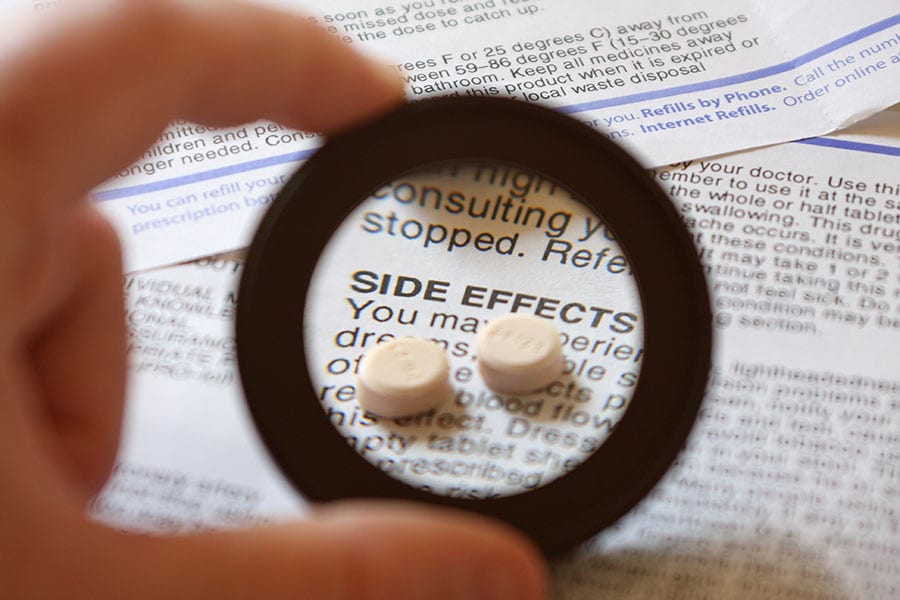
85 percent Indians want drug makers to provide information on side effects of drugs on the packaging: Report
A LocalCircles survey shows 52 percent Indians experienced side effects of medicines prescribed by doctors in the last five years
 The Central Drugs Standard Control Organisation (CDSCO) identified 51 medicine batches as "not meeting the standard quality" criteria in July. Image: Shutterstock
The Central Drugs Standard Control Organisation (CDSCO) identified 51 medicine batches as "not meeting the standard quality" criteria in July. Image: Shutterstock
In the past 12 months, several drugs have been identified or recalled in the country due to their side effects and people’s concerns about them. On September 5, the Drug Controller General of India (DCGI) advised patients and health care professionals to stop using Digene gel, a popular antacid, due to safety concerns. Abbott, the pharmaceutical company, has issued a voluntary recall of the product.
In June, the World Health Organization (WHO) raised concerns about seven cough syrups manufactured in India. This followed an investigation prompted by complaints from multiple countries regarding product contamination and associated health problems. The inquiry by the UN revealed high levels of diethylene and ethylene glycol in these cough syrups, which were linked to numerous fatalities worldwide.
In the same month, the Indian government imposed a prohibition on 14 fixed-dose combination (FDC) medications. These FDC drugs incorporate two or more active components in a set ratio and were determined by an expert panel to lack valid therapeutic reasoning.
The Central Drugs Standard Control Organisation (CDSCO) identified 51 medicine batches as "not meeting the standard quality" criteria in July. This included well-known medications such as Rosuvastatin from Sun Pharma Laboratories and a drug combination of Tamsulosin Hydrochloride and Dutasteride tablets produced by Cipla.
Also read: Why ransomware groups are targeting pharma companies and the healthcare sector








